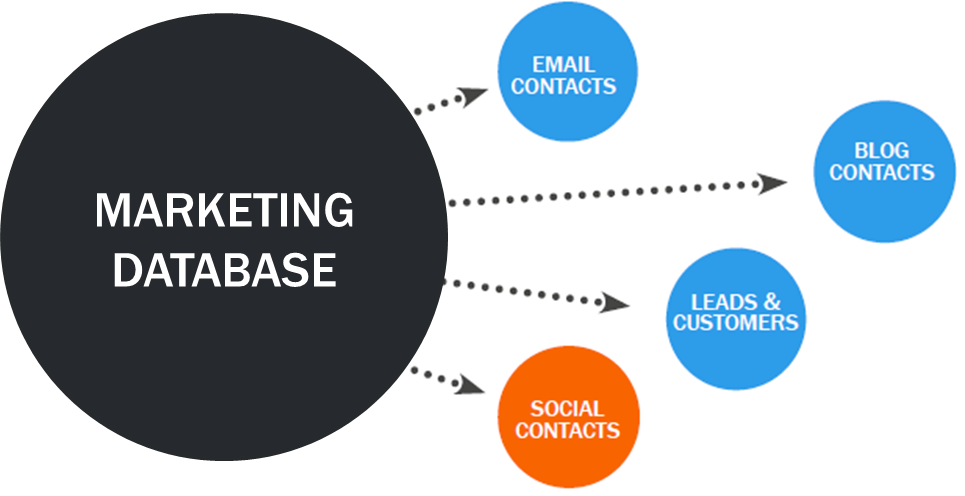A marketing database is essential for any business looking to create personalized marketing strategies and drive real results. It consists of collected information about customers and prospects that allows businesses to target their audience more effectively. Building a strong data repository helps understand customer needs, enhance engagement, and boost sales.
Identifying Key Data to Collect
Before constructing a robust data system, it is important to identify what information is necessary. Basic details like names, email addresses, and phone numbers are essential for any business. However, deeper insights such as customer preferences, purchase history, and interaction patterns are also crucial. Understanding the types of data needed helps in designing a comprehensive data set that provides value. The goal is to have a balanced mix of demographic, behavioral, and transactional data to create a complete customer profile.
Choosing the Right Tools for Data Collection
Once the data types are determined, the next step is to choose the right tools for gathering this information. Forms on websites, surveys, social media interactions, and customer feedback are excellent data collection methods. Tools like email marketing platforms, customer relationship management (CRM) systems, and data analytics software can help gather and manage information efficiently. Selecting the right tools ensures the information is accurate, up-to-date, and easy to access. This streamlined approach enables businesses to analyze customer behavior and make informed decisions.
Segmenting Your Audience for Targeted Campaigns
Segmentation is critical to using customer information effectively. Businesses can create more targeted and relevant campaigns by dividing the customer base into different groups based on similar characteristics. For instance, one segment could include customers who have made a purchase in the last month, while another might target those who have shown interest in specific products. This personalized approach leads to higher engagement rates and better conversion. It allows marketers to focus their efforts on what truly matters to each group, making campaigns more effective and efficient.
Ensuring Data Quality and Compliance
Maintaining high data quality is essential for the success of any database. Inaccurate or outdated information can lead to ineffective campaigns and wasted resources. Regularly cleaning and updating the information repository ensures that the data remains relevant and valuable. It is also important to comply with data privacy regulations. Ensuring customer information is collected, stored, and used ethically builds trust and protects the business from legal risks. High-quality, compliant data forms the foundation of a successful marketing strategy and enhances overall effectiveness.
Measuring and Analyzing Results for Continuous Improvement
After building and using a robust data collection system, measuring the results of marketing efforts is important. Analyzing information from campaigns helps in understanding what works and what doesn’t. Metrics such as open rates, click-through rates, and conversion rates provide valuable insights into campaign performance. Using these insights, businesses can refine their strategies and improve future campaigns. Continuous analysis and improvement are key to making the most of a data-driven marketing approach and achieving long-term success.
Acxiom states, “Today’s modern marketing database collects and unifies all of your cross-channel enterprise data and enables you to analyze your people-based data so you can use it to better communicate with prospects and customers.”
A well-structured data repository is a powerful tool for any business looking to create personalized marketing strategies that drive real results. Companies can build a system that truly enhances their marketing efforts by identifying key data to collect, choosing the right tools, segmenting the audience, ensuring data quality, and continuously measuring results. The more effectively a business uses its data, the better it can understand its customers, engage them, and ultimately drive growth. Building and maintaining a strong data management process is not just a task but an ongoing process that requires attention and strategic planning.



